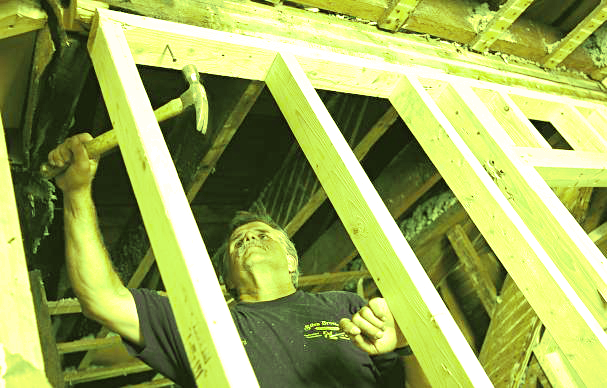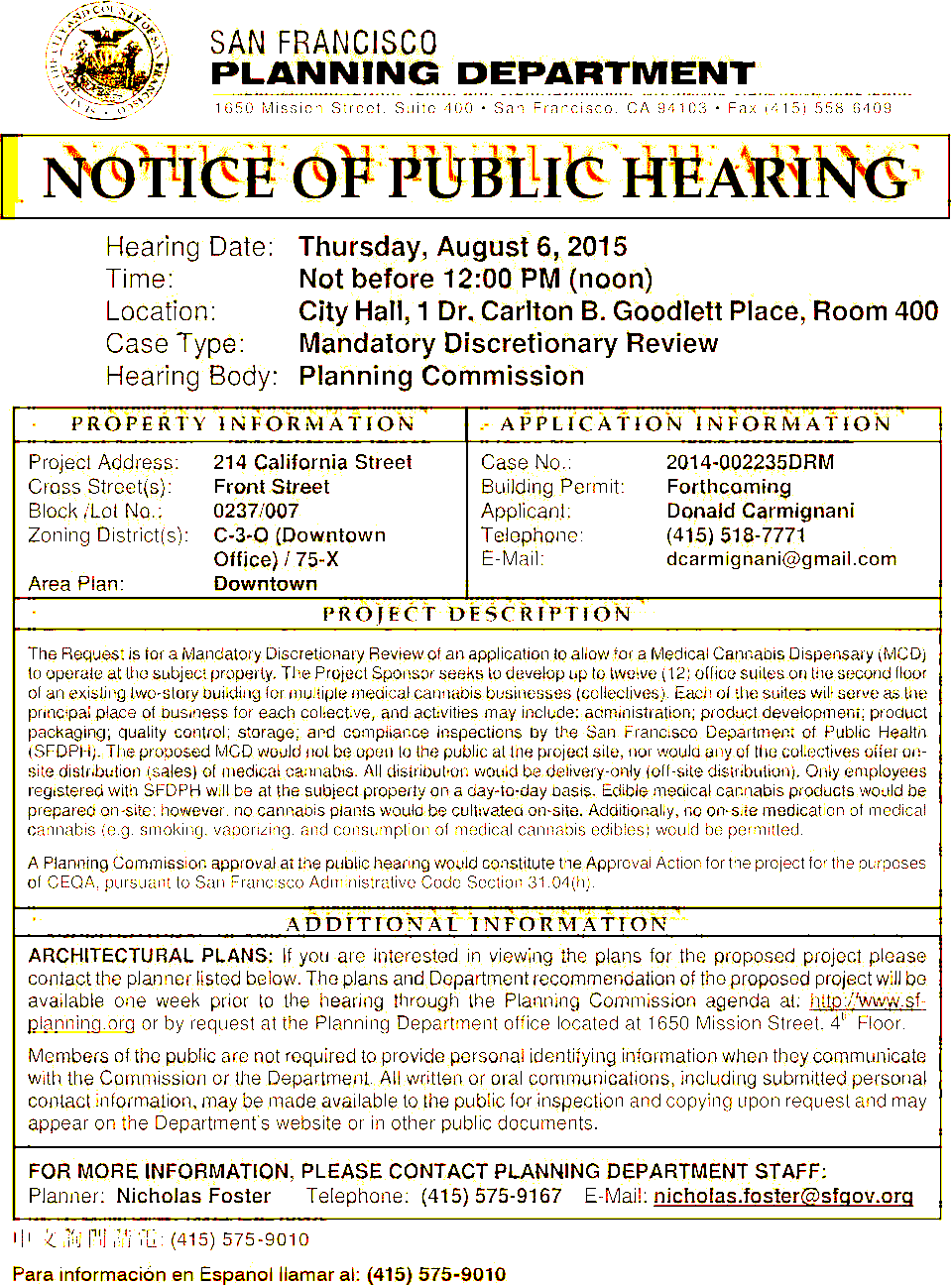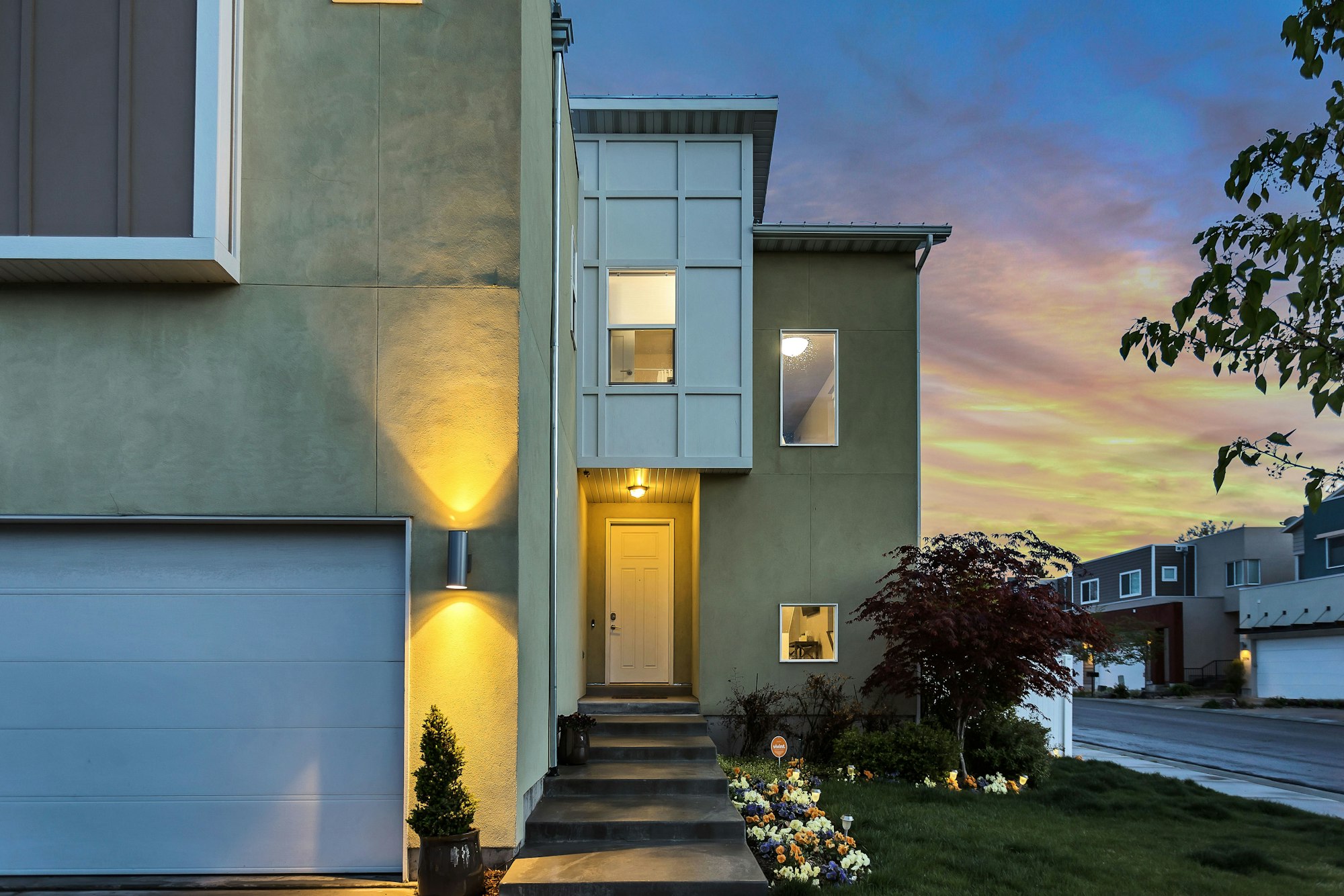Department of Building Inspection (DBI) put together a faster procedure to expedite permits for small-size projects. This is different then the Streamlined or Ministerial review process.
At CityStructure, our vision is a world where every homeowner has a clear understanding of the development potential of their property. This is why we give you free access to the Untapped Development Potential for any property.
Some of the alteration projects to an existing structure or new construction CAN qualify for same-day or over-the-counter (OTC) permits. Some may require plans, some don't. We've summarized for you the type of work that qualifies for an OTC permit and the process and fees for such a permit.
What is an Over-the-Counter (OTC) permit?
An OTC permit is one of the types of self-service permits provided by the San Francisco Permit Center which allows the applicant to process his/her permit by hand-carrying it to each of the required review stations and getting an immediate review while present. This would involve review at either the Residential or Commercial Plan Check counters. Plan to spend a full day here since they operate on first-come, first-served bases.
Over-the-Counter (OTC) permit WITHOUT Plans
Rule of thumb: as long as you don't change the existing layout of the building's interior or exterior, perform some structural work or the scope of work doesn't exceed $200,000 in value, most probably you don't need to submit plans.
When you arrive at DBI (1660 Mission), sign-in with Plan Review Services (PRS) for review and approval. You'd have to fill out an application and, in some instances, you may need to add pictures or reports of the area where you plan to perform the work. Make sure you have also cash, check, Visa, MasterCard, or money orders payable to the City and County of San Francisco Department of Building Inspection or CCSF-DBI to pay the fees.
Here are a few examples of projects you may not be required to submit plans:
1. Existing Kitchen/Bathroom alterations with no changes to the floor plan
2. Existing Window Replacements (Photo samples of new windows required for City Planning)
3. Re-roofing existing roof covering materials
4. Repairs to exterior siding and existing legally permitted decks
5. Termite repairs (Pest Control Report required)
6. Replacement of garage doors (Photo required for City Planning)
Below is a very good diagram provided by BDI that shows the process:
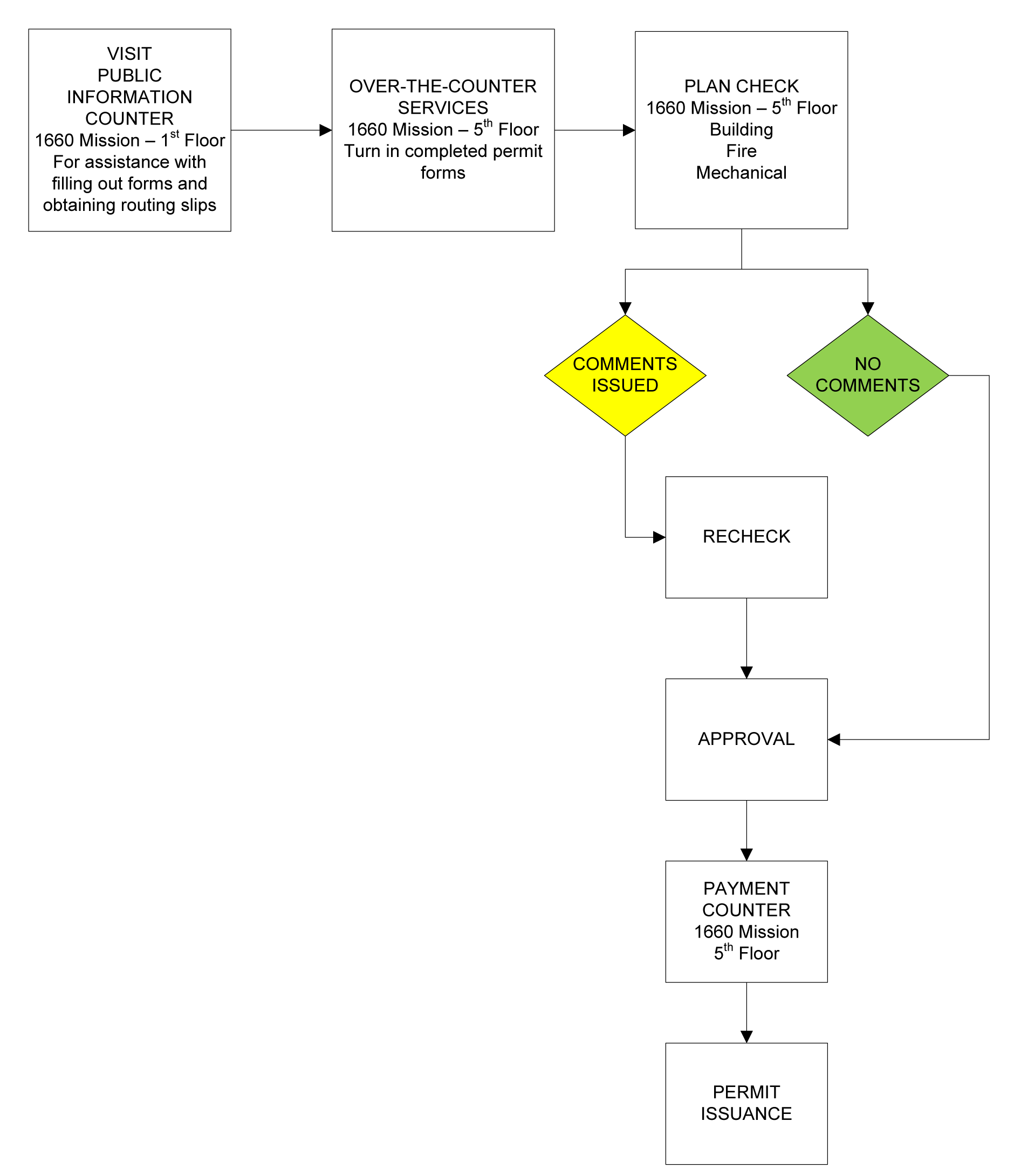
Over-the-Counter permit WITH Plans
Rule of thumb: plans are required when you are doing new construction; remodeling existing buildings and constructing new walls high than five feet nine inches (5'-9") above the floor; changing the use of a building or putting an addition onto a building; the valuation of the work exceeds $200,001. Plans are also required when you are reducing or increasing the number of dwelling units in a residential building.
Now, before grabbing your keys and hopping in your car to visit BDI, you should figure out how much you need/want to build and if your zoning allows you to build that. CityStructure Report shows the building area you'd be allowed to have on your lot based on the zoning designation and all the other restrictions that may apply.
If CityStructure Report clearly shows that the work you plan to perform may be allowed under your current zoning designation, then the next step is to prepare drawings that follow BDI guidelines, then fill out an application and pay the fees. The fees are calculated based on the value of the work and whether is an alteration to the existing structure or new construction.
Below is the diagram provided by BDI that shows the process:
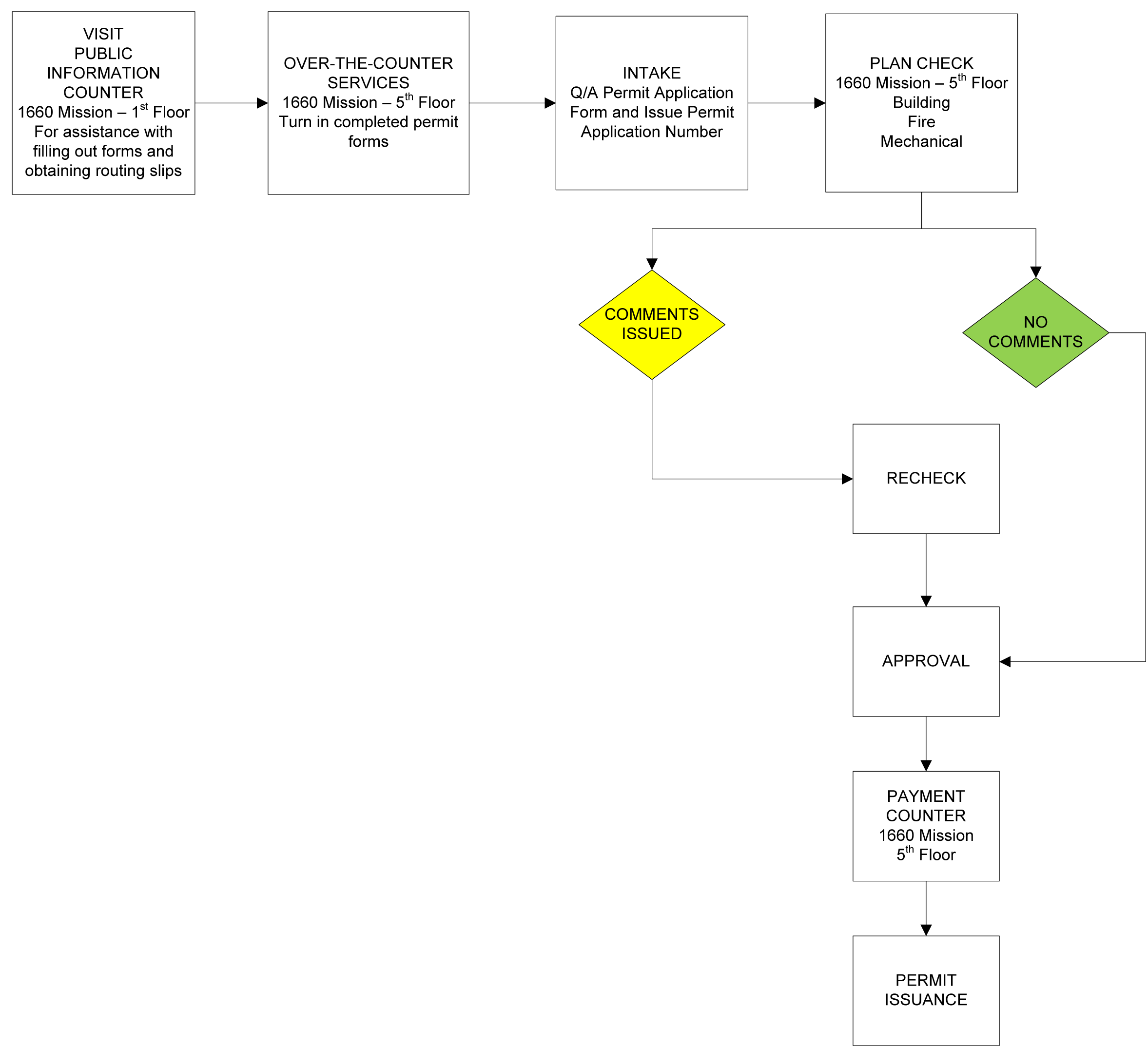
How much could you build on your property?
Get an instant free estimate if there is any untapped potential for your property based on the city zoning and state regulations.

